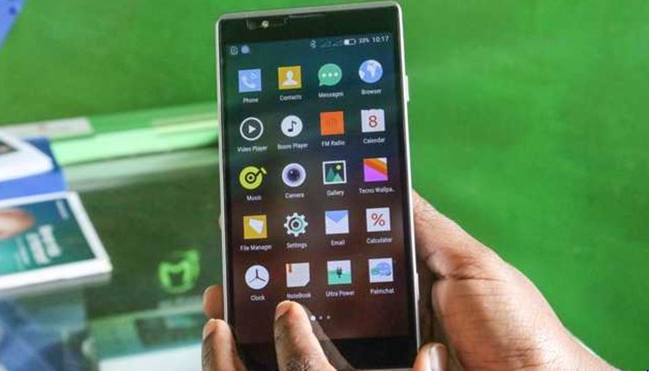Somalia’s largely unbanked population could still aid the growth of small and medium enterprises (SMEs) in the country, if they join mobile money service.
A new study on Somalia’s business environment says use of mobile money services could plug the hole of financial inclusion, and dodges most of the barriers in Somalia, because it aids transactions, boosts traders’ access to credit and enables seamless transactions, even for people with no bank accounts. And the result is that the flow of the money can boost traders’ access to finances by up to 13 times.advertisementsThe study: “Assessing the Effects of Mobile Money Service on Small and Medium Sized Enterprises,” forms a paper published in the American Journal of Industrial and Business Management, a product of a joint study by SIMAD University in Somalia and Hormuud Telecom, Somalia’s largest telco.
Although researchers analysed data on services offered by Hormuud, it was based on the general use of mobile money services in day-to-day operations by traders.
The authors — Abdinur Ali Mohamed and Mohamed Ibrahim Nor — say they approached 138 targeted managers or owners of small and medium enterprises across Somalia’s southern and central regions where Hormuud operates in Somalia, receiving responses from 131 of them.
They say they found that every expansion of one percent in mobile money services in Somalia provides a 13 percent increase in access to finances from banks. And every increase in access to finances led to about a tenth in the growth of businesses.
The findings are not new, especially in Africa where there are more mobile money accounts that real bank accounts.
But for Somalia, its unbanked population, about 76 percent of the 15 million people, is almost the size of mobile money account owners, meaning that services provided by the telcos almost bridge the gap.
With banks often tighter on conditions, including identification, telcos in Somalia have filled the gap by allowing people to transact smaller amounts without necessarily requiring a nationally accepted ID, but rather mutual trust and previous customer history.
This in turn helps traders get paid in time and saves them the risk of carrying cash, the report says.
“The small and medium sized enterprises largely rely on the mobile money service to buy from the suppliers, pay the bills and the storing of finances.
‘‘Merchants opt to use mobile money services since it is cheaper to transfer money and safer, with the ability to track the transactions and check the payment references,” said Prof Abdinur Ali Mohamed from the Faculty of Economics, SIMAD University, Mogadishu who co-authored the paper.
While traders gain by accessing credit, the report says rise in mobile transactions have also fuelled product development, as producers improve their services and raising sales three times over as small businesses are generally able to make sales quicker and easily monitor the finances on mobile ledger.
The findings came as Somalia, like many in the region face contracted economic growth of 1.5 percent, owing to Covid-19 restrictions and insecurity incidents.
“A tenuous economic rebound is underway, supported by higher credit to the private sector and relatively resilient inflows of remittances,” says the bulletin.
Ahmed Mohamed Yusuf, Hormuud’ s Telecom CEO said the findings vindicated need to link telecos with banks, based on latest technology.
“The financial and telecommunications sectors must work together to provide access and products that raise living standards for all,” he said in a statement.
“Our focus continues to be on enriching the lives of Somalis and building conditions in which Somali entrepreneurs can thrive.”
Somalia, in spite of its long years of war and conflict offers the cheapest data rates in the Horn of Africa, and is among the cheapest on the continent. But its telcos including Hormuud, SomTel and Telcom Somalia are yet to achieve nationwide 4G coverage across the country, especially in rural areas, which sort of slows down efficiency. A third of Hormuud’s 3.6 million subscribers, mostly in rural areas, are still on 2G, the company admitted.
The country also has to amend its laws and tighten regulations on transactions. A recent Somalia Central Bank report, however, agreed to set up a national payments system for about a dozen Somalia financial institutions to transact with one another in real-time.
And Hormuud, which runs its mobile payment service EVC Plus, in central and southern Somalia, says it will tap in by installing a 4G network across its operation region by 2023, shifting entirely to digital payments for a mobile payment system that serves 15 percent of the country’s population.
































